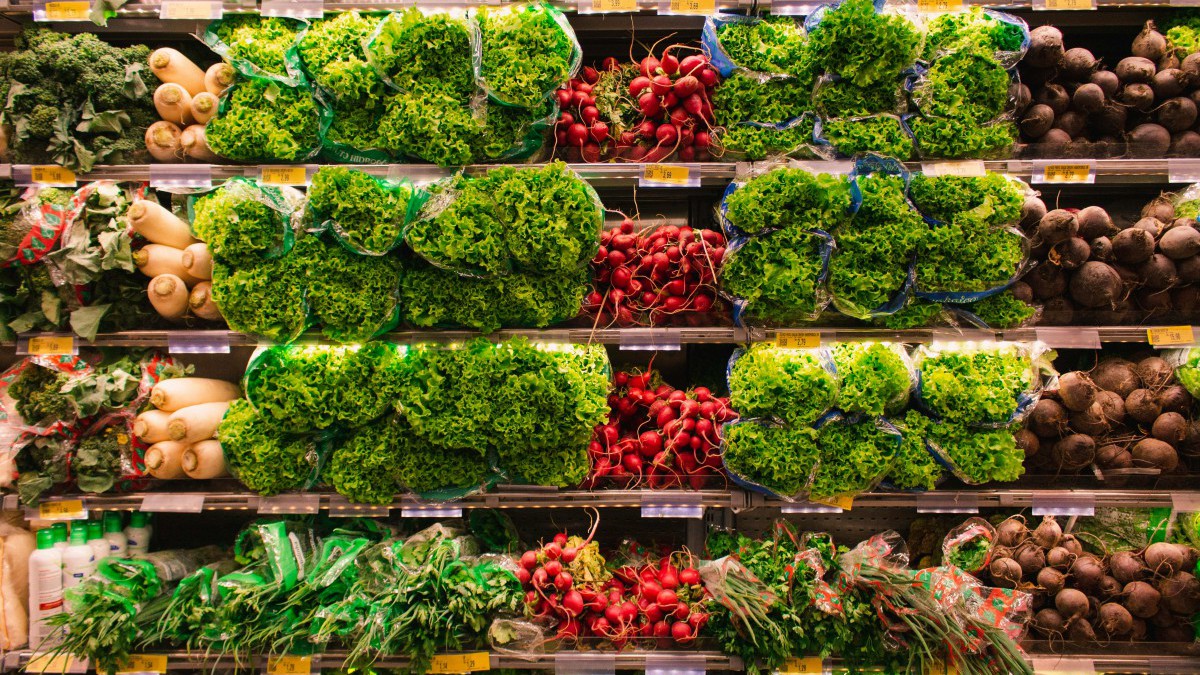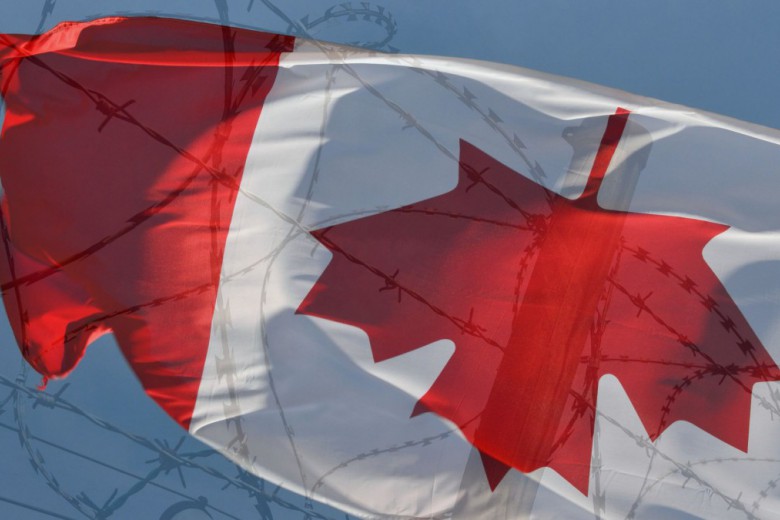I have in my mind the memory of one Christmas Eve. Thick snowflakes were coming down and the sun was starting to set. I was running around getting last-minute items on Avenue Cartier, a street dominated by restaurants and bars, in Quebec City’s Montcalm. There was a group of carollers singing Ça berger outside of my favourite grocery store, Provisions Inc.
Provisions Inc. always dressed up for the season, that year covered in soft yellow lights and adorned with evergreen boughs. People were rushing in and out. Founded in 1949, the grocery store was then run by the third generation of the Drouin family. In a neighbourhood that boasts three other grocery stores, a specialty cheese store, a butcher shop, and two fish markets, Provisions Inc. had survived seven decades as an independent store. I passed the carollers on my way in.
But the grocery industry is difficult and the Drouin cousins were tired of operating Provisions Inc. They put the store up for sale and, to this day, it remains empty. The couple who last bought it from the Drouin family tried to operate it and then fled Quebec, claiming through their lawyers that Provisions Inc. financially ruined them.
Indeed, it will always be a hard go for a new, independent grocer in a world that is dominated by IGAs, Costcos, Maxis, Metros (a Provisions Inc. neighbour), and wholesalers tailored to the needs of large corporations.
About a year ago, the neighbourhood council asked residents what they wanted to replace Provisions Inc. The discussion coalesced around one idea: a grocery store run publicly and/or not for profit. The city would need to be involved, we reasoned, either through purchasing the building or perhaps even running it.
This is the logic behind Zohran Mamdani’s promise to bring public grocery stores to New York City. The socialist state representative is running for mayor and a public grocery store in every borough is one of his promises.
City-run grocery stores may be rare, but the idea is having a moment. In some parts of the United States, alternatives to large, corporate grocery chains are seen as a way to fight food deserts – areas where people have limited to no access to fresh and healthy food. As a result, residents are forced to rely on canned or processed foods, which creates serious health disparities. These neighbourhoods are also overwhelmingly poor.
In Winnipeg, for example, one study estimated that 9 per cent of urban Winnipeggers live in a food desert.
I’m the board chair of the Canadian Centre for Policy Alternatives, a research institute that promotes alternative policy ideas including public ownership in many different industries, so I called up Niall Harney, senior researcher with the CCPA-Manitoba to see what role he thought public grocery stores could play in Canada.
In total, that’s $11.7 billion in profits in just two years, taken from average people and pocketed by Canada’s biggest grocers.
“A public retailer with a public mandate to provide cheap groceries in food deserts would be huge,” he said. “Often, low profits drive big retailers out of low-income communities, creating food deserts, and being able to offer people fresh food with profit cut out of the equation could make a big difference.”
This is the logic behind Zohran Mamdani’s promise to bring public grocery stores to New York City. The socialist state representative is running for mayor and a public grocery store in every borough is one of his promises. These stores would be located in vacant lots or buildings, be exempt from property taxes (because they’re publicly owned), and benefit from economies of scale through city-wide bulk purchasing of materials. Erion Malasi, an Illinois policy and advocacy director, quoted in The New Republic, argues that with enough time, publicly owned stores could become cost-neutral, and the break on property taxes could be enough of an edge to help them resist the pressure of the large grocery chains.
Harney has been reading the proceedings of the federal Standing Committee on Agriculture and Agri-Food, which grapples with the high cost of food in Canada, and he is struck by how badly the system needs competition. Because of how few players exist within Canada’s food wholesale industries, companies operate in lockstep, pushing up the price of the cost to place items on shelves.
And critically, a public grocery option could change how people see food in Canada: from something that is a commodity to something that is a human right that all people deserve access to, regardless of their income.
In 2023, Loblaw made $2.5 billion in profits. That number rose to $2.6 billion in 2024. In 2023, Metro made $1.01 billion in profits. That number fell to $972.9 million in 2024. In 2023, Sobeys made $727.1 million in profits. That number fell to $681.6 million in 2024. In total, that’s $8.5 billion in profits in just two years, taken from average people and pocketed by Canada’s biggest grocers.
A public option would inject competition and force these corporations to reduce their prices as they fight for access to Canadian shoppers, he reasons.
There would be other benefits too, like using the system to shore up Canadian supply chains through privileging Canadian farms and food manufacturers, or paying decent wages, thereby raising average wages within the grocery sector.
And critically, a public grocery option could change how people see food in Canada: from something that is a commodity to something that is a human right that all people deserve access to, regardless of their income.
Creating this system would be difficult. Industry owners would furiously resist it, as it would undercut their profits. The National Supermarket Association in the United States has called Mamdani’s plan “Soviet,” and John Catsimatidis, a Trump acolyte billionaire who owns grocery stores in the U.S. has mocked.
But look beyond the self-interested naysaying of entrenched stakeholders, and the outcome could be delicious.
**Correction, August 6, 2025: A previous version of this article stated the total revenue figures of Loblaw, Sobey's, and Metro, as opposed to their net earning figures. This has now been corrected.
**Correction, November 1, 2025: This article has been updated to reference the adjusted net earning figures of the grocers referenced.






